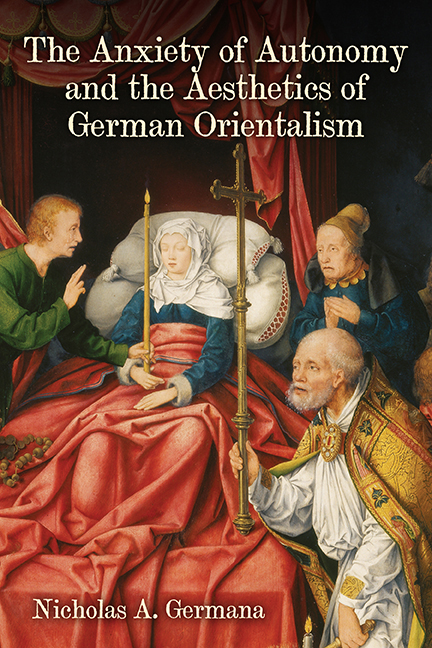Summary
IN 1957 LEONARD KRIEGER published his landmark The German Idea of Freedom. In this “history of a political tradition” Krieger traces the development of a uniquely German idea of freedom that can be distinguished from the Anglo-American tradition in certain fundamental respects, most notably (and disconcertingly) in its definition of freedom as obedience. For Krieger, Kant and Hegel played pivotal roles in the articulation of an ideal of moral freedom that found its fullest expression in “a substantive definition of freedom [that] explicitly associated liberty with authoritarianism not only as a fact but as an ideal.”
This ideal of freedom is predicated on the Kantian Critical distinction between the world of appearances, and the self that is subject to its influences, on the one hand, and the noumenal world that exists independently from it, on the other hand. This distinction between the noumenal and phenomenal “selves” accounts for the possibility of autonomy as humans rise above, out of, and over nature through the free determination of their own wills. This definition of subjectivity in opposition to the determination of the external world is also, however, the source of great problems for Kant and his successors. It is especially problematic, as Reiner Schürmann has shown, because nature is a force that affects the subject not merely from outside but from within, as well. Throughout his work on moral philosophy from the 1760s on, Kant expresses concern that it is often difficult to distinguish between the kinds of external forces that affect the subject pathologically and the internal motivations that serve as bases for the determination of the will. In the “Remarks” to the Observations he ruminates on the similarities between moral feeling and the sexual instinct; in the Groundwork he attempts to distinguish between motivations and incentives, only to do away with that distinction in the second Critique; even as late as The Metaphysics of Morals he has to give allowance for certain “moral endowments” that are “presupposed on the part of feeling by the mind's receptivity.”
If this moral receptivity is endowed by nature herself, how is it that man comes to transcend that very nature? How do such endowments differ from the natural instincts that animals possess? It can only be because nature (or occasionally Providence) bestowed, alongside these gifts, the incomparable gift of reason.
- Type
- Chapter
- Information
- The Anxiety of Autonomy and the Aesthetics of German Orientalism , pp. 194 - 200Publisher: Boydell & BrewerPrint publication year: 2017

